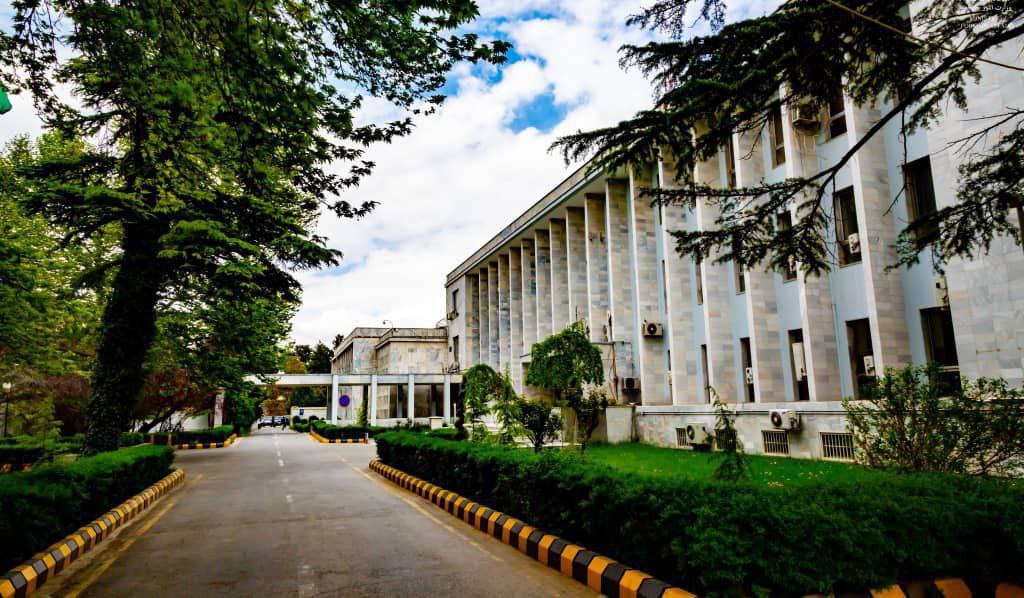The Taliban’s Ministry of Foreign Affairs announced in a statement that its representatives would not attend the upcoming meeting in Doha.
The ministry cited the United Nations’ failure to accept their conditions as the reason for this decision.
The statement further explained that meaningful progress in discussions with the Taliban can only be achieved when the UN acknowledges the “current realities of Afghanistan” and is not influenced by “limited multilateral pressure.”
The ministry emphasized that for the Doha meeting to be productive, it is essential to clarify and discuss “disputed matters.”
The two-day meeting, led by United Nations Secretary-General Antonio Guterres, is set to commence Sunday.
Stephane Dujarric, spokesman for the UN Secretary-General, earlier announced that Guterres will arrive in Doha on Sunday to participate in the discussions.
The agenda includes talks with representatives of Afghanistan’s civil society, notably women. However, the Taliban has voiced opposition to two key items: the appointment of a UN special envoy and the creation of an inclusive political framework through national dialogue.
Last December, the United Nations Security Council passed a resolution on Afghanistan emphasizing these two points.
Political analyst Aziz Rafayi suggests the Taliban’s hesitance toward the Doha meeting stems from its caution in dealing with regional and international alliances.
The UN’s independent assessment on Afghanistan underscores the necessity of including women in the political framework and recommends a UN special envoy to encourage a national dialogue among Afghans.





